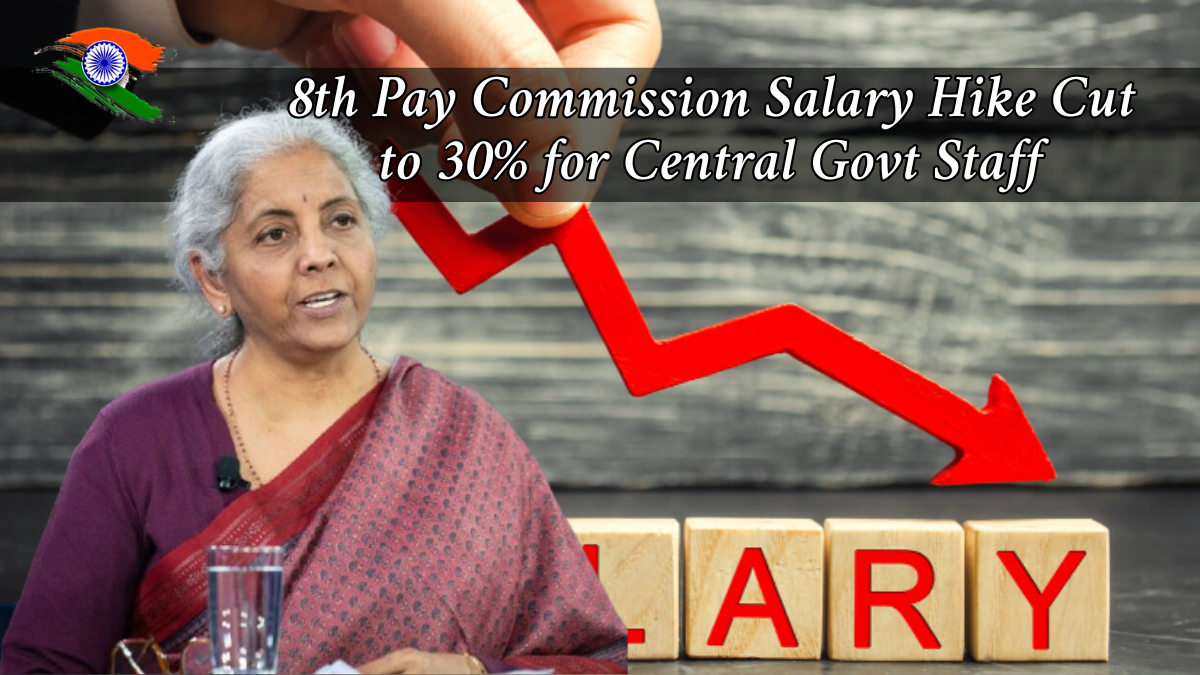The United Kingdom’s state pension system is undergoing significant changes. These changes impact when individuals can claim their state pension and how much they will receive. Starting in 2025, citizens should prepare for eligibility shifts and an increase in pension amounts due to government policy updates.

This guide covers everything you need to know about state pension age changes, future timelines, reasons behind the revisions, and the financial impact on pensioners.
Summary Table: State Pension Age Changes 2025
| Topic | Details |
|---|---|
| Current State Pension Age | 66 years for both men and women |
| Upcoming Change (2026–2028) | Pension age to rise from 66 to 67 |
| Future Increase (2044–2046) | Pension age expected to rise to 68 |
| Affected Birth Dates | Born after April 1960 (for age 67); Born after April 1977 (for age 68) |
| Reason for Changes | Rising life expectancy, economic sustainability |
| 2025 Pension Increase | 8.5% increase due to triple lock policy |
| New Weekly Payment (2025) | £221.20 (new state pension), £169.50 (basic pension) |
| Official Site | https://www.gov.uk/state-pension-age |
What is the State Pension?
The state pension is a regular payment from the government that individuals can claim once they reach a certain age, provided they have made sufficient National Insurance contributions. It serves as a core retirement income and is funded by current taxpayers.
- Eligibility: Determined by age and National Insurance record.
- Payment Frequency: Paid every four weeks.
- Recommendation: Supplement with a private or workplace pension for a more secure retirement.
2025 State Pension Age Eligibility Changes
As of 2025, the state pension age remains at 66 for both men and women. This age was last updated in 2020. However, further increases are scheduled to begin in 2026:
- 2026 to 2028: State pension age will gradually increase from 66 to 67.
- 2044 to 2046: A further increase to 68 is expected.
These changes impact people born:
- After April 1960: Affected by the shift to 67.
- After April 1977: Affected by the shift to 68.
This timeline may be advanced or modified depending on future government reviews.
Why is the State Pension Age Increasing?
1. Rising Life Expectancy
People are living longer. This puts pressure on the pension system as retirees draw benefits for more years.
2. Declining Birth Rates
Fewer younger people in the workforce means fewer taxpayers to support pension payments.
3. Public Spending and Budget Control
Adjusting the pension age helps reduce government expenditure and ensures the system remains financially viable.
4. Periodic Reviews
The pension age is reviewed every six years. These reviews assess:
- Changes in longevity
- Population trends
- Economic conditions
State Pension Increase in 2025
In April 2025, the state pension amount will rise due to the reinstatement of the triple lock policy, which ensures pensions increase by the highest of:
- Consumer Price Index (CPI)
- Average wage growth
- 2.5%
2025 Pension Adjustment:
- Increase: 8.5%, second-largest increase in UK pension history.
- New State Pension: £221.20 per week (up from £203.85).
- Basic State Pension: £169.50 per week (up from £156.20).
This change affects:
- Those qualifying under the new state pension system (post-April 2016).
- Those under the basic pension system (pre-April 2016 retirees).
Impact on Related Benefits
Changes in the state pension age also affect:
- Pension Credit Eligibility
- Means-tested Pension Benefits
- Healthcare and Social Care Entitlements
Middle-aged workers, especially those facing health challenges, may experience delays in benefit access. This adds urgency for personal financial planning and considering early retirement risks.
Expert Concerns and Predictions
Analysts suggest the pension age may rise even further in the future. Projections indicate some workers may need to wait until age 71 to retire, especially if:
- Health trends improve
- Life expectancy continues to rise
- Workforce demographics continue to shift
Health-related early retirement remains a major concern, with many leaving the workforce before reaching pensionable age.
Preparing for Pension Age Changes
What You Should Do:
- Check Your State Pension Age: Use the official government calculator.
- Review National Insurance Contributions: Ensure your record is complete.
- Consider Private Pension Options: Secure additional retirement income.
- Monitor Government Reviews: Stay informed about further changes.
Long-Term Outlook
The UK government must balance sustainability and fairness in pension policy. Future changes are inevitable as demographics and economic conditions evolve. Workers are encouraged to:
- Stay engaged with pension updates
- Join workplace pensions
- Seek professional financial planning advice
Official Government Link
For the most accurate and up-to-date information, visit:
UK Government Pension Age Portal
Frequently Asked Questions (FAQs)
Q1: What is the current UK state pension age?
A: 66 years for both men and women.
Q2: When will the pension age increase next?
A: Between 2026 and 2028, it will rise from 66 to 67.
Q3: Who is affected by the 2025 changes?
A: Everyone eligible for a state pension will see a payment increase in 2025 due to the 8.5% raise.
Q4: Why is the pension age increasing?
A: To ensure long-term financial sustainability due to rising life expectancy and an ageing population.
Q5: What is the triple lock policy?
A: A government guarantee that the state pension increases each year by the highest of inflation, wage growth, or 2.5%.
Q6: How can I prepare for state pension age changes?
A: Monitor your national insurance contributions, explore private pensions, and keep updated via official resources.
Q7: Where can I check my pension age?
A: Use the government’s tool at https://www.gov.uk/state-pension-age
Conclusion
The 2025 updates to the UK State Pension system reflect broader demographic and economic challenges. With increases in both age eligibility and pension payments, it’s crucial for current and future retirees to plan accordingly. Understanding these changes now will help ensure financial readiness and a more stable retirement.
Click here to know more